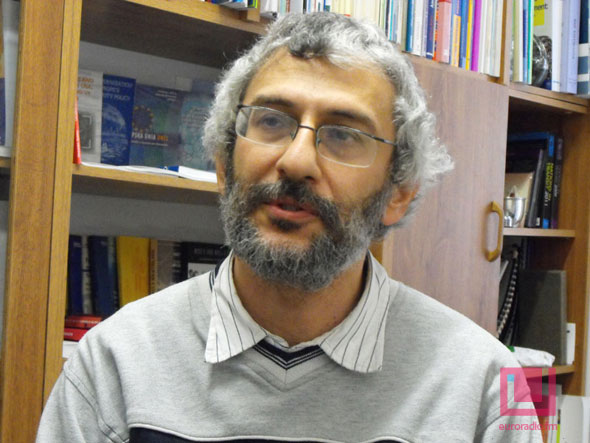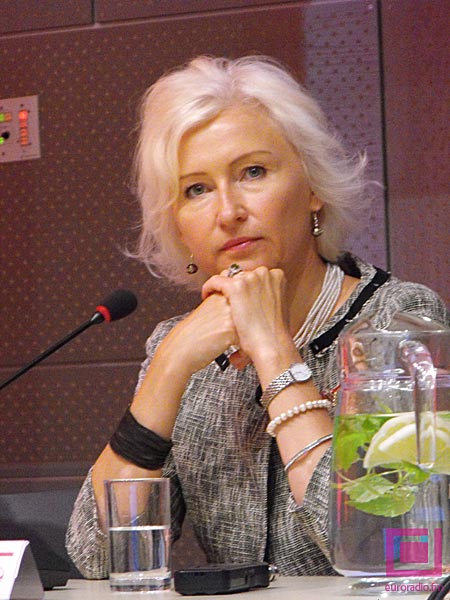MEP: European Parliament likely to tone down resolutions on Belarus, Russia
The work of the new European Parliament may start with a scandal – a pro-Putin faction of nationalists and eurosceptics has been created.
Putin’s policy adherents managed to create their faction in the European Parliament, MEP Gabrielius Landsbergis wrote on Facebook the other day.
“Radical populists, Putin’s new friends in Europe, have joined Jean-Marie Le Pen and created a faction. It is a shame that Lithuanians – Rolando Pakso and Valentino Mazuroniio – have helped strengthen the pro-Kremlin position in Europe by joining the initiative and letting radicals create a faction of their own.”
Slovak political scientist Grigori Mesezhnikov doubts that he right will be able to affect the European Parliament’s policy as regards Russia or Belarus after the creation of this ‘pro-Putin’ faction.
Grigori Mesezhnikov: “They do not have a majority vote (there are over 500 MEPs and only about 100 of them are with the right in the new European Parliament – Euroradio). However, being an independent faction, they will be able to express their opinion louder.But I do not think that the situation is critical enough for them to be able to change decisions made by the EP. The majority of MEPs represent the centrist, left, liberal and other political forces.”

Grigori Mesezhnikov
Jean-Marie Le Pen’s faction will not be able to block EP’s decision, member of the previous parliament Kristiina Ojuland thinks. But they will be able to play dirty and make some resolution less acute.
Kristiina Ojuland: “They may add changes when the resolution is accepted. If the changes are clever, they will be able to add them and use them to make the resolution less acute. Of course, they will be able (thanks to the faction’s consolidated position – Euroradio) to affect certain decisions. They have created a faction and it means that they want to express their opinion on the political level. This is evident.”

Kristiina Ojuland
An acute resolution in response to a topical problem is a good thing, Grigori Mesezhnikov agrees with the Estonian MEP. However, the main thing is the fact that the faction created by eurosceptics will not be able to affect the foreign policy of the whole European Union, the expert believes.
Grigori Mesezhnikov: “Russia’s influence... on the situation in Parliament will be expanded. But such parties will not affect the policy of the European Union denoted by other EU bodies such as the European Commission.”
The new MEPs’ mandates will come into force after July 1. Officially, there is no pro-Putin faction now. Lithuanian MEPs may change their minds and withdraw which will prevent the creation of the faction, Gabrielius Landsbergis hopes. According to the rules of the European Parliament, a faction can only be created if at least 25 MEPs from 7 EU member states join it.
Photo: Zmitser Lukashuk, euroua.com



















